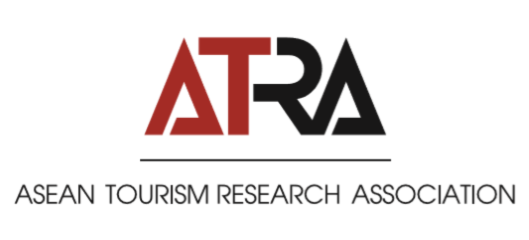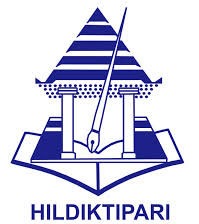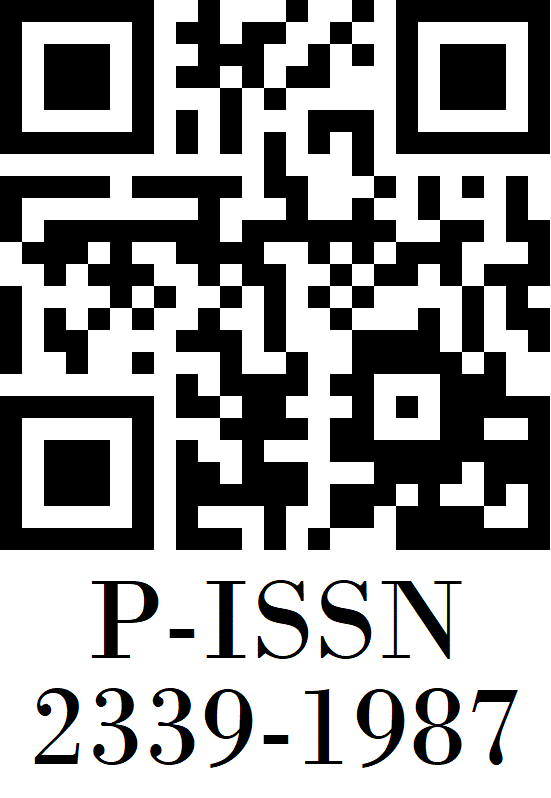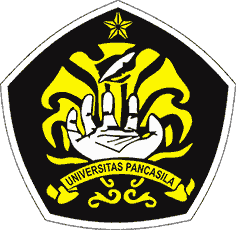DAMPAK PENGEMBANGAN AGROWISATA TERHADAP KEHIDUPAN SOSIAL EKONOMI MASYARAKAT LOKAL KAMPUNG FLORY SLEMAN, YOGYAKARTA
DOI:
https://doi.org/10.35814/tourism.v8i1.1488Keywords:
Development, Agrotourism, Local CommunitiesAbstract
This research was conducted in Flory Village, Tridadi Village, Sleman, Yogyakarta. Flory Village has three main destinations which are divided into three zones, namely Taruna Tani Zone, Bali Ndeso and Flory Tourism Village. Flory Village has been developed in the last six years and continues to experience rapid development. The focus of this research is about the impact of developing agrotourism on the economy of local communities. Agrotourism is the Taruna Tani Zone which is managed by the local community. The study used a descriptive qualitative research approach with data collection using in-depth interviews, observation and documentation. Data analysis methods used are interactive models, such as: data collection, data reduction, data presentation and drawing conclusions. The results of this study are that local communities have a positive impact on the development of agrotourism. Kampung Flory is managed by young people who have skills in farming. The young people who initially did not know where to market their farm products, became have a place to share knowledge and also get income. The plants then distributed to consumer sand also get income from tourists who visit. The community not only got benefits from being professional farmer in Kampung Flory, but also as many who can open a food stall business around the agrotourism area. Agrotourism development also provides the benefits of knowledge in the form of skills for farming so that it can increase the community's economy. Agrotourism exists as a place for the community to channel farming hobbies and can also provide education to tourists.
References
Astuti, M. T. 2014. Potensi Agrowisata dalam Meningkatkan Pengembangan Pariwisata. JDP. Vol. 1 No.1.
Dinas Pariwisata Daerah IstimewaYogyakarta dan CV. Bina Usaha Pertanian. 2013. Laporan Master Plan Agrowisata Daerah Istimewa Yogyakarta.
Deptan, 2005. “Agrowisata Meningkatkan Pendapatan Petani” pada http://database.deptan.go.id [3 November 2019].
Fatchiya. A., Amanah,S. dan Kusumastuti, Y.I. 2016. The Adoption of Agriculture Technology Innovation and its Correlation with Food Security of Farmer Households. Jurnal Penyuluhan, Vol. 12 No. 2.
Lina, A. 2014. Perencanaan Kebun Praktek Sekolah Tinggi Penyuluhan Pertanian Kampus Cibalagung untuk Menunjang Wisata Edukasi. Skripsi. Institut Pertanian Bogor. Bogor.
Luthfiana, T., Sutarto, dan Setyowati, N. 2017. Strategi Pemasaran Agrowisata Kampung Flory di Kecamatan Sleman, Kabupaten Sleman, Yogyakarta. AGRISTA: Vol.5 No. 1: 225-237.
Lestariningsih, U., Setiadi, A. dan Setiyawan, H. 2018. Analisis Pengaruh Agrowisata terhadap Peningkatan Pendapatan Petani Bunga Krisan di Kecamatan Bandungan Kabupaten Semarang. Agrisaintifika Jurnal Imu-ilmu Pertanian. Vol 2, No. 1.
Miles, B.M, dan Huberman. A.M. 2009. Analisis Data Kualitatif. Jakarta: UI-Press.
Pamulardi, B. 2006. Pengembangan Agrowisata Berwawasan Lingkungan (Studi Kasus Desa Wisata Tingkir, Salatiga). Tesis. Sekolah Pascasarjana. Universitas Diponegoro. Semarang.
Sugiyono. 2014. Metode Penelitian Pendidikan Pendekatan Kuantitatif, Kualitatif Dan R&D. Bandung: Alfabeta.
Susilo, A.N dan Rudiarto, I. 2014. Analisis Tingkat Resiko ERupsi Gunung Merapi terhadap Pemukiman di Kecamatan Kemalang, Kabupaten Klaten. Jurnal Teknik PWK. Volume 3 Nomor 1 2014.
Tando, E. 2019. “Pemanfaatan Teknologi Greenhouse dan Hidroponik sebagai Solusi menghadapi Perubahan Iklim dalam Budidaya Tanaman Hortikultura. Buana Sains Vol.19 No 1: 91 - 102.
Utama, I.G.B.R. 2011. Agrowisata sebagai Pariwisata Alternatif.
https://www.researchgate.net [14 April 2020].























